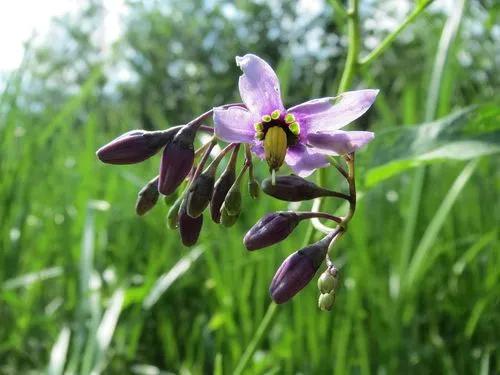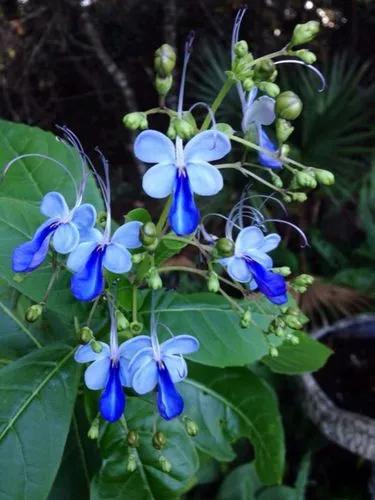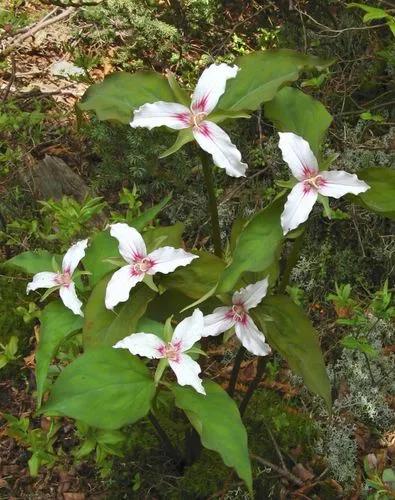Begonia belongs to the genus Begoniaceae, including about 1600 species. As an ornamental flowering plant, Begonia is distributed throughout the world, although Africa is considered its homeland. Under natural conditions, Begonia can be found in the Himalayas, Sri Lanka, India's mountains and the Malay Archipelago.
Begonia Care
Begonia



Begonia was first described in the 17th century during an expedition to the Antilles (islands in the Caribbean Sea and the Gulf of Mexico). Six different types of plants were named Begonia - in honor of M. Begon, who organized the expedition. Today, Begonia is one of the most popular ornamental flowering plants due to the variety of species and unpretentious care. In floriculture, it is planted with equal success both in open and protected ground.
How to Care for the Plant

Water

Begonia loves moisture but does not tolerate waterlogging. Therefore, organizing proper watering is an extremely important point in caring for this plant. There is no need for frequent watering. It is much more important to maintain moist air around the flower properly, otherwise the tips of the leaves may begin to dry.
Begonias tolerate short-term drought normally. In the winter season, when begonias have a dormant period (from November to March), watering the plant should be significantly reduced, and tuberous species should be canceled.
Pruning

If the plant has lost its decorative shape, then cut 4-5 cm along the edge of the pot. This will encourage the development of new kidneys and active growth.

Fertilizer

Begonia must be fertilized, especially during the period of growth and flowering. You can use complex mineral or potassium-phosphorus fertilizers; nitrogen fertilizers are suitable for decorative and deciduous varieties. Feed the plant once every two weeks.

Sunlight

Home-grown Begonia requires constancy. She needs to choose one permanent place with good lighting, but the plant should not be exposed to direct sunlight. She will be most comfortable on the windowsill of a window facing the west or east side.

Soil

The soil for the plant can be purchased at the store or prepared by yourself. To do this, mix leaf or soddy soil with peat, humus, and sand in a ratio of 2: 1: 1: 1. At the bottom of the pot, be sure to lay a layer of drainage, it can be expanded clay, pebbles, broken bricks or pebbles. Also, for prevention, after drainage, a layer of wood ash 2-3 cm thick is covered, and only then the main substrate. Planting of begonias is carried out no earlier than mid-March when daylight hours become longer to provide the plant with a sufficient amount of sunlight.

Propagation

Begonia can be propagated by seeds or vegetatively (cutting, leaf or bush division). Growing begonias from seeds is very easy. At the end of February or at the beginning of March, begonia seeds are planted in loose soil, while the earth is not sprinkled on top. Take the container to a warm, bright place and cover with glass or film. Watering is present by spraying. As soon as the seedlings develop 3-4 leaves, they look through and remove the cover, and after two months, they are ready to be transplanted into an "adult" pot.

Temperature

Ideal conditions for Begonias in summer +20-22°C (68-72 Fº); in winter, it is preferable to lower the temperature within +15-18°C (59-65 Fº).

Container

For begonias, you should choose an average ceramic pot 3-4 cm larger than the root system of the plant. In too large a container, begonias can suffer from acidification of the soil and bloom very late.

Fun fact

Begonia is not only beautiful but also beneficial. According to studies, Begonia perfectly cleans the air of bacteria and some molds, and also neutralizes dust.

Popularity

783 people already have this plant 199 people have added this plant to their wishlists
Discover more plants with the list below
Related articles






